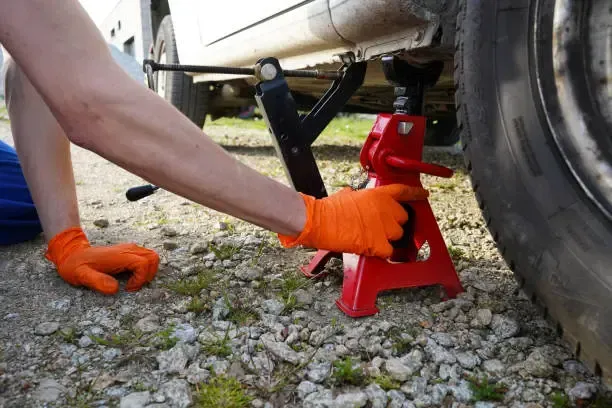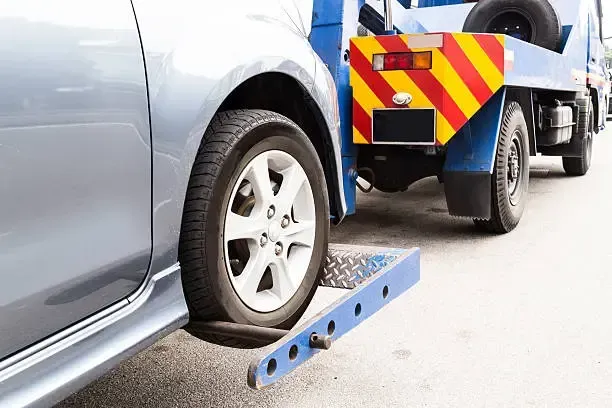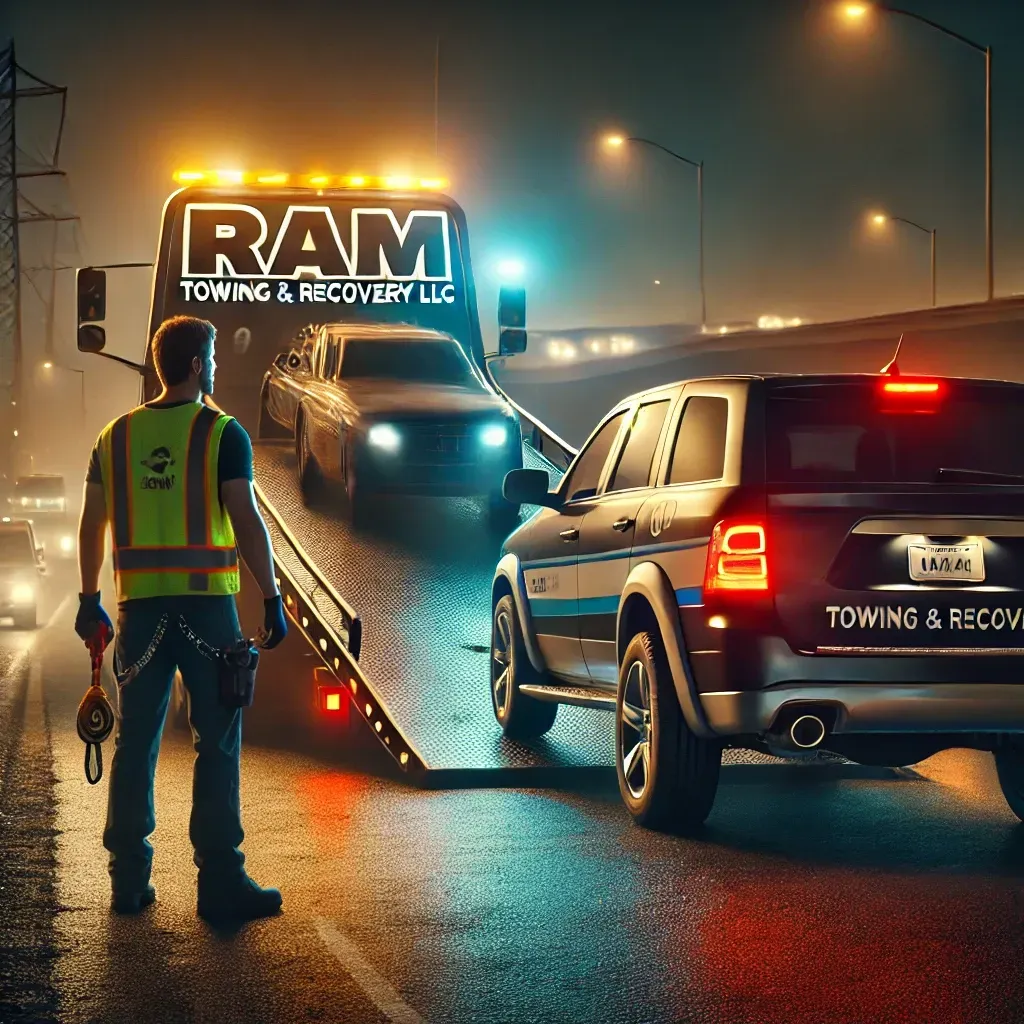Tips For Safe Trailering & Towing
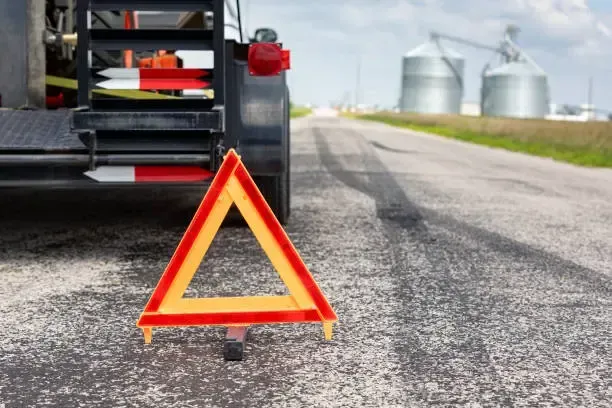
Tips For Safe Trailering & Towing
Whether you are towing a trailer for business, relocating a camper for a weekend getaway, or towing a boat to the water, safe towage and trailering is about painstaking planning and attention to detail. Towage mistakes can result in crashes, vehicle damage, or hazardous road conditions. To assist you in towing effectively and safely, we have collected expert advice to place you in command and out of danger.
In the unlikely event that you experience a failed tow, or even professionally require assistance, Ram Towing provides an effective and trustworthy Car Towing Service that assists in getting you up and running again with minimal delay, in a safe and secure way.
Get to Know the Tow Capacity of Your Vehicle
One of the most significant aspects of safe towing is that your car should be capable of taking the load. Every car has a maximum tow capacity, and this can be found in the owner’s guide or on the internet on the manufacturer’s website.
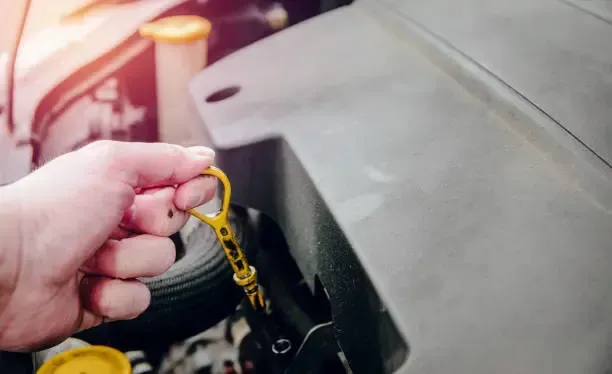
- Exceeding this can lead to a transmission failure, brake loss, or even a dangerous loss of control.
- Pre-tow, verify gross trailer weight (GTW) and tongue weight to make sure they are within your vehicle’s safe capacity.
Use the Right Equipment
Your tow setup is no stronger than its weakest link. Using the wrong hitch or trailer can cause instability or separation.
- Hitch Type: Use the correct hitch class that’s compatible with your vehicle’s towing capacity.
- Safety Chains: Always secure safety chains in a crisscross pattern below the hitch to prevent trailer separation.
- Braking System: If your trailer is heavy, ensure that it has an independent braking system to prevent straining your vehicle’s brakes.
Buying quality tow accessories ensures a smoother and safer experience.
Balance the Load Properly
An uneven load will make your trailer swing or be difficult to handle. Keep the weight balanced from side to side and load approximately 60% of the total weight towards the front of the trailer.
- With excess weight in the back, the trailer will fishtail. Excess weight in the front will lift your front wheels and remove steering ability.
Secure all in place with tie-downs and straps before driving.
Check Your Tires Before Driving
Tires play a significant role in towing safety. Always check your vehicle and trailer tires before a trip.
- Proper Inflation: Ensure all tires are inflated to the proper PSI to prevent blowouts.
- Tread Depth: Worn tread tires can reduce traction and cause accidents.
- Tires should be compatible: Your trailer tires need to be in matching size and condition for balanced weight distribution.
Worn-out or under-inflated tires are susceptible to hazardous blowouts, endangering you and other road users.
Reduce speed and give more space behind
Towing a trailer is heavier, which translates to increased stopping distances and lower acceleration.
- Reduce speed and give more space ahead to give yourself a longer time to brake.
- Never travel in excess of 55-65 mph when towing, even on the highway if speed is permitted to be higher. Sudden acceleration can create trailer sway or jackknifing in a stop.
Always have your mirrors clear and ready to respond to road hazards.
Be Aware of Turns and Lane Changes
Towing a trailer drastically alters the dynamics of your vehicle, particularly when turning or lane changing.
- Make sharper turns to prevent running over curbs or other objects.
- Install longer side mirrors to monitor blind spots before making a lane change.
- Signal sooner than needed to allow other drivers an opportunity to respond.
Trailer maneuvering is all about patience and practice, so don’t hurry.
Trailer Sway Awareness
Trailer sway can be the most hazardous issue towing. It happens when the trailer begins swaying back and forth, making it difficult to control your vehicle.
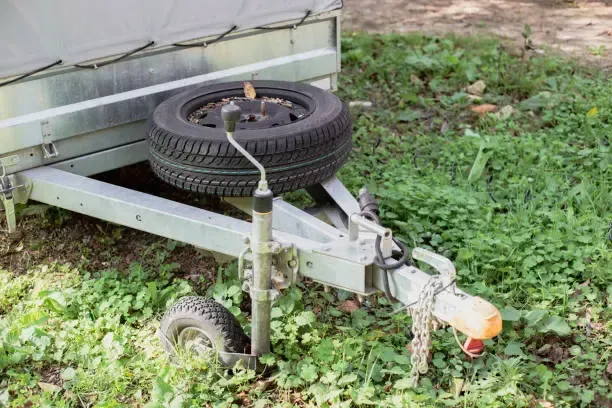
How to prevent trailer sway:
- Properly load your trailer.
- Use an anti-sway bar for added stability.
- Take it slow if you begin to sway—DON’T slam on the brakes.
If swaying becomes severe, release your foot from the accelerator and maintain firm steering until the trailer stabilizes.
Practice Braking Technique
Braking while towing is a bit more cautious. Braking hard causes the trailer to shove your vehicle ahead, and there is a high risk of jackknifing.
Follow these braking warnings for safe towing:
- Slow down to avoid a jerky weight shift.
- If brakes are installed in your trailer, set them so that they will have the same braking ability as your vehicle.
Create more room in front of you than the car in front of you in the case of an emergency stop.
Know When You Should Use a Professional Car Towing Company
There are times when there is not sufficient preparation and assistance will be required. In the event of a breakdown, flat tire, or towing issue happening to you, a Car Towing Company will get you back on the road safely.
Ram Towing offers emergency road service and auto towing to save you when you are stuck. Our professional staff takes care to handle your trailer and vehicle.
Check Everything Before You Leave
Before you leave, make a final pre-trip inspection:
- Check all connections: Make sure the hitch, safety chains, and electric hookups are secure.
- Check turn signals and brake lights: Other drivers must see your signals.
- Tie down all loads: Moving loads affect balance.
A 5-minute inspection prior to departure will prevent you from getting into a whole lot of trouble on the road.
Final Thoughts
Safe towing and trailering take planning, defensive driving, and good equipment. By following these suggestions, you will be able to minimize risks, safeguard your vehicle, and have a successful towing experience.
If you ever need to locate professional services, Ram Towing is available to help. Fast, affordable, and reliable towing services are at your disposal wherever and whenever you may need them.
Next time you go driving with a trailer, recall these tips for safety—your journey will depend upon it!
Recent Posts
